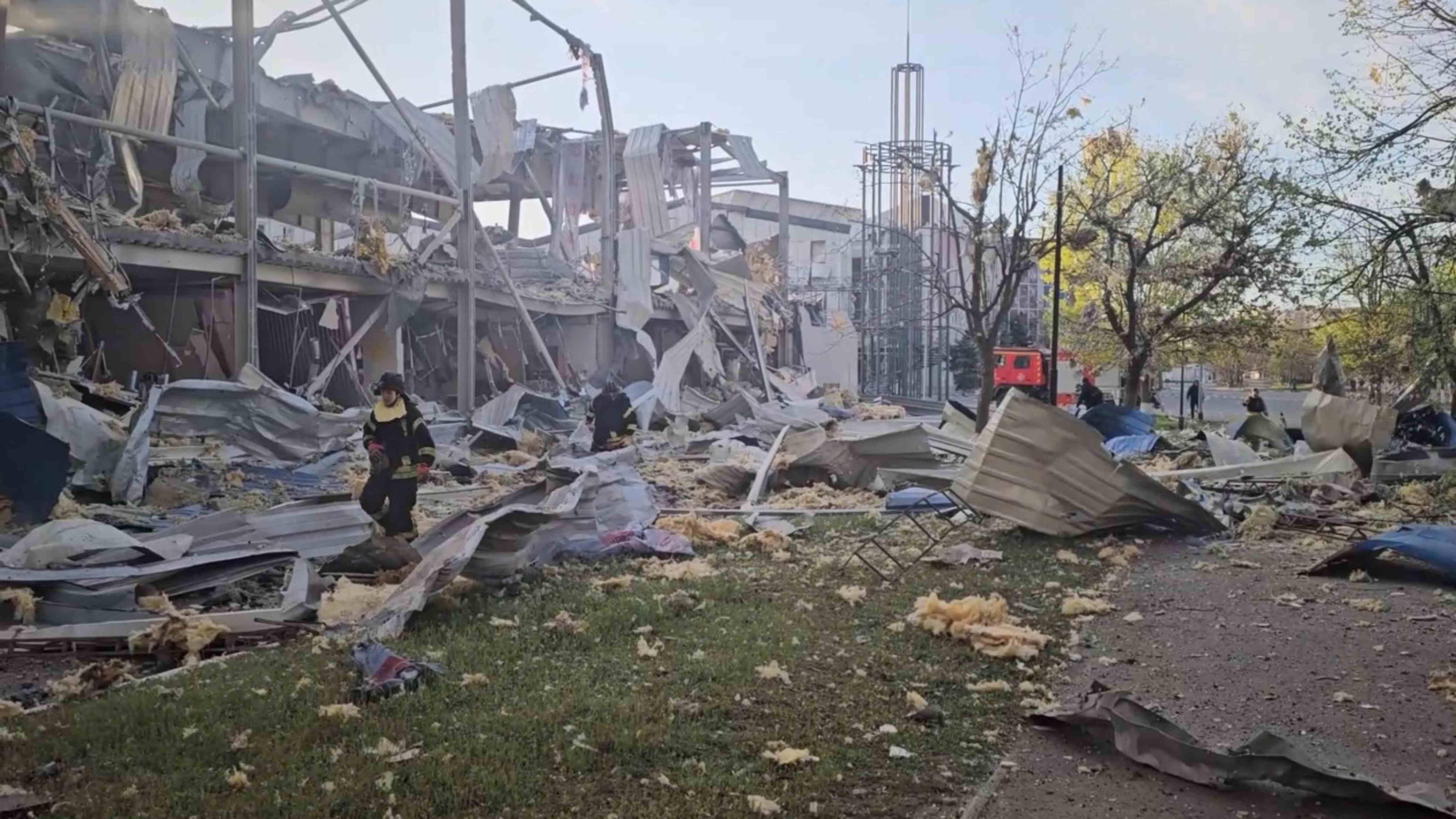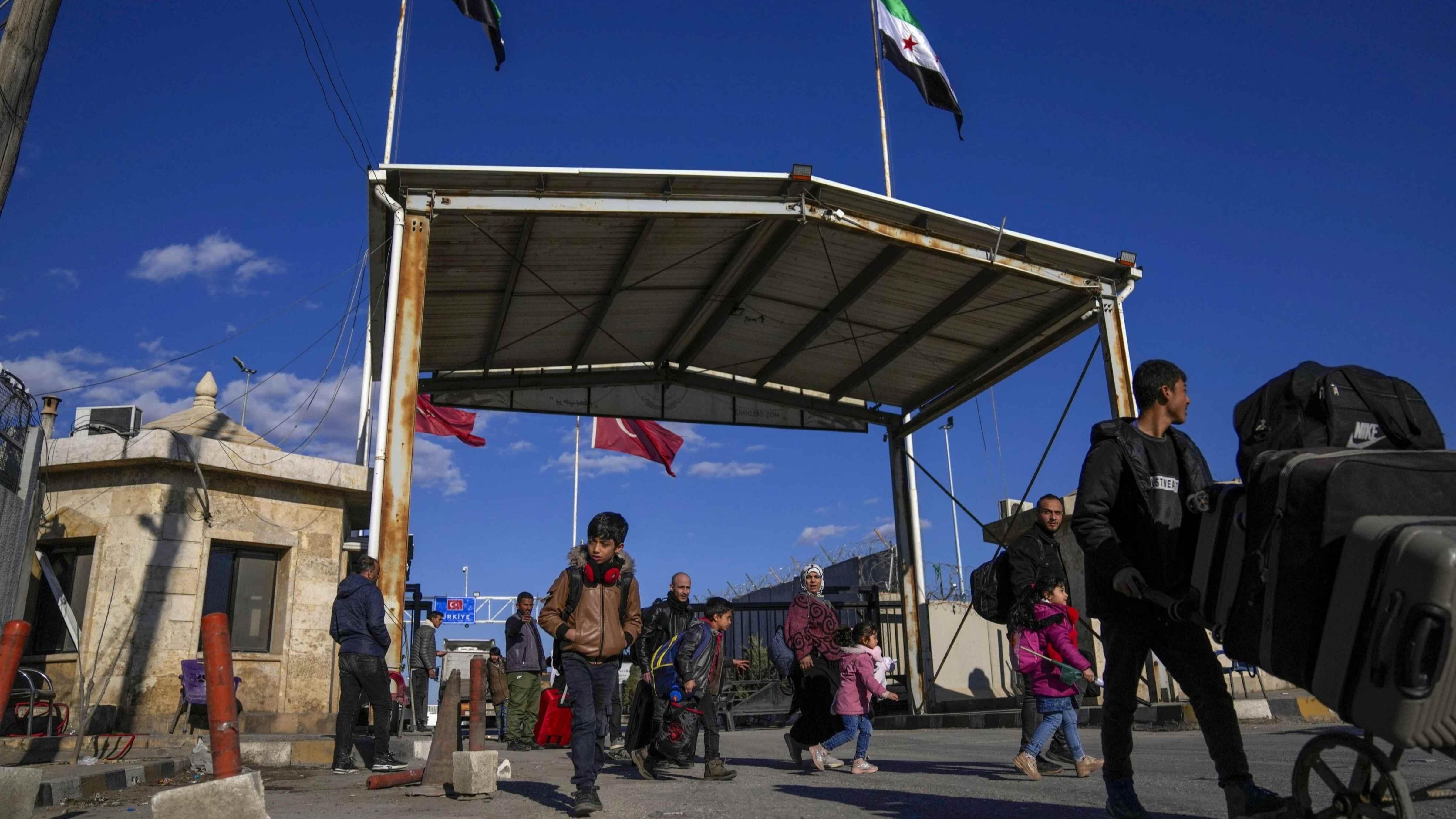Our problem with the Green Deal
The Green Deal is “Europe’s man on the moon moment” said Ursula von der Leyen, the European Commission president, in December 2019. She presented the program as Europe’s new all-encompassing growth strategy, saying “the old growth model based on fossil fuels and pollution. It is out of date and out of touch with the planet.”
And now the green transformation is bringing the two sides of the Atlantic together. President Joe Biden has not only ratified the Paris Accords and announced a high-level Climate Summit in the White House in April 22 this year, but also set up a Climate Innovation Working Group just this week. Why? The objective is to create an Advanced Research Projects Agency-Climate (ARPA-C) to spur the creation of new jobs, technology, and tools that empower the U.S. to innovate and lead the world in dealing with the climate crisis. So, it appears that the new American growth strategy will be green as well.
The green transformation is not only about climate policy, but also the new industrial policy framework of the Western Alliance. It is in a way designed as the basis of the new technology race in the post COVID-19 era. In its most basic form, the green transformation is about the application of new low-carbon technologies to our way of life, which in the long run, is supposed to improve the competitiveness of the West.
If you consider all the debate about the carbon equalization tax on western imports together with the issue of it being the new embodiment of the technology race, the green transformation also has the capacity to become the new foreign policy perspective of the West.
It is generally assumed that the technology race is between the West and China. The impact of the green transformation on developing countries, however, must be considered more carefully. The green transformation has the potential to deepen the already existing technological divide between the West and “the Rest.” This is bad not only for China, but all the developing countries, especially the highly indebted ones. Why?
The application of new low-carbon technologies to the existing sectors is to make non-carbon based growth a possibility. Yet this requires large fixed capital investments by governments and companies. In the negative interest rate environment of the early post COVID-19 era, these investments will be important for growth, job creation and smaller carbon footprint agendas. Yet this green deal is easily possible only in the West, among the advanced countries. “The Rest” simply does not have the financial resources to put into it.
In countries like Turkey, where there are highly indebted companies, troubled bank balance sheets and high CDS risk premiums, starting a green transformation is like shopping at Whole Foods while debt collectors are carting away your fridge. If the West is serious about evening out global inequalities (especially going into COVID-19 recovery) then the debt and high-risk premiums of “the Rest” should be considered a global problem. To stop global warming, the world needs to find a truly global financial plan. This means that environmentalists need to think less about electric cars and more about balance sheets in middle-to-low income countries.











